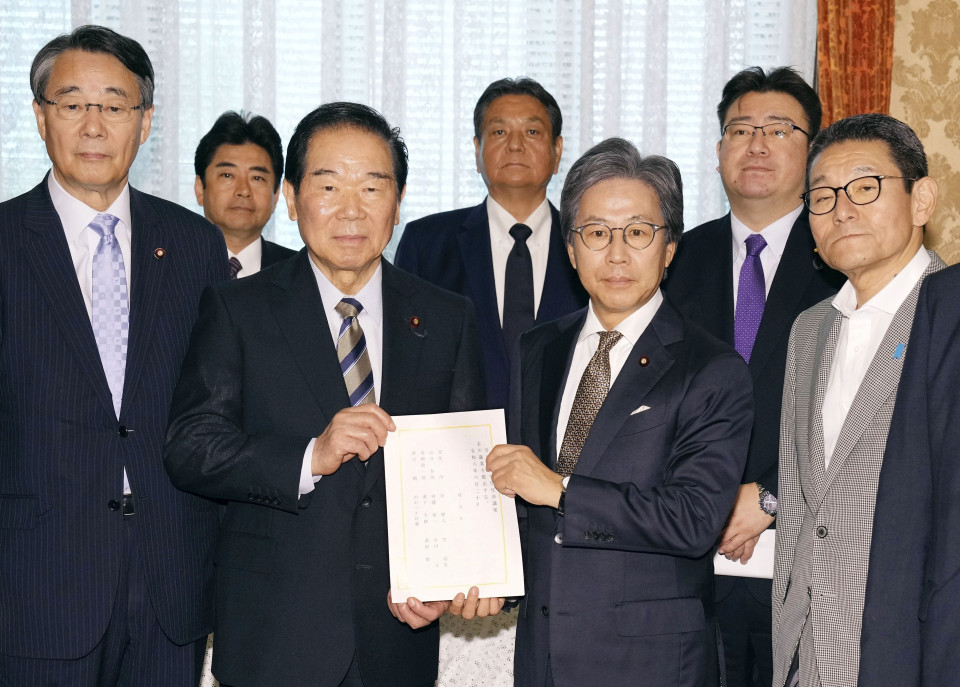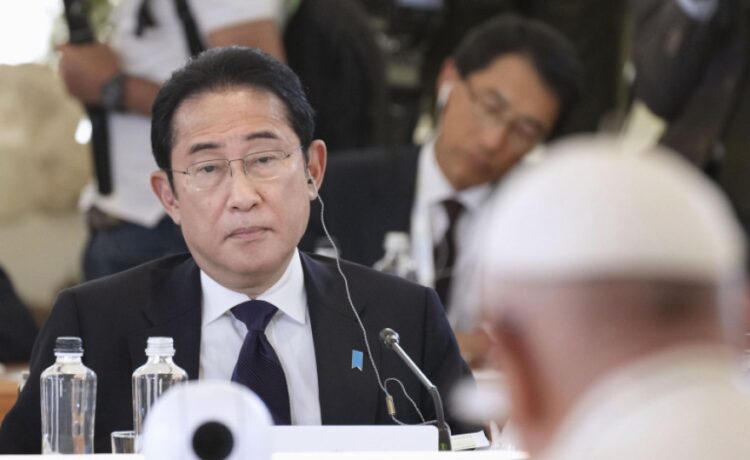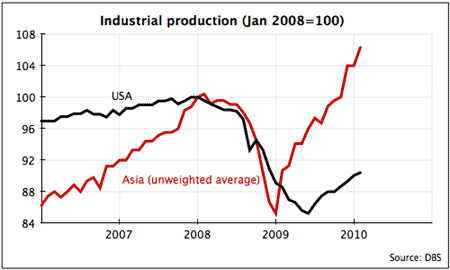Japan’s House of Representatives on Thursday voted down a no-confidence motion against Prime Minister Fumio Kishida’s Cabinet following the enactment of a revised political funds control law criticized for failing to improve financial transparency in politics.
The motion was submitted by the Constitutional Democratic Party of Japan and also supported by the second-biggest opposition Japan Innovation Party and other minor parties. It was rejected by the ruling bloc consisting of Kishida’s Liberal Democratic Party and its junior partner the Komeito party, which hold a majority of seats.
The CDPJ had demanded more drastic changes to the law, including a ban on corporate donations to political parties, saying such steps were needed to restore public trust in politics undermined by a fundraising scandal involving Kishida’s LDP.
The bill passed the Diet the previous day ahead of the end of the current ordinary parliamentary session on Sunday, weeks after Kishida was forced to make concessions to Komeito on the details of the legislation.
After submitting the motion, CDPJ Diet affairs chief Jun Azumi told reporters that Kishida had not shown leadership in tackling the issue of money in politics and that the revised law still has “too many loopholes.”
It is not unusual for opposition parties to submit a no-confidence motion at the final stage of a regular parliamentary session, which is typically convened in January every year.
Approval of a no-confidence motion would require the chamber to be dissolved within 10 days or all Cabinet members to step down.

Jun Azumi (center R) of the Constitutional Democratic Party of Japan submits a no-confidence motion against Prime Minister Fumio Kishida’s Cabinet to House of Representatives Speaker Fukushiro Nukaga (center L) in Tokyo on June 20, 2024. (Kyodo)
The LDP has come under intense scrutiny amid revelations that some of its factions, particularly the largest formerly led by the late Prime Minister Shinzo Abe, neglected to report portions of their income from fundraising parties and created slush funds for years.
With approval ratings at their lowest ebb since Kishida’s Cabinet was formed in October 2021, the prime minister pledged to revise the political funds control law to improve the transparency of spending by lawmakers.
The amendments included lowering the threshold at which the names of those who purchased fundraising party tickets must be revealed. They also changed the reporting rules for policy activity funds provided by parties to senior lawmakers.
The opposition camp railed against the changes which they said do not go far enough.
During a parliamentary debate among party leaders on Wednesday, meanwhile, Kishida rejected opposition calls to immediately dissolve the lower house, with the focus now shifting to whether the Japanese leader can secure reelection in the LDP’s presidential race to be held around September.
Related coverage:
Japan PM rules out dissolving lower house soon amid funds scandal
Japan Diet enacts law to reform political funds rules amid criticism
Tokyo governor race begins with Koike, opposition-backed Renho clash















